Institutionsstyrelsen hade möte den 26 februari. Då diskuterades bland annat anställningsärenden, bokslut, prefektbeslut och informationspunkter.
Protkoll från styrelsemötet den 26/2 -20
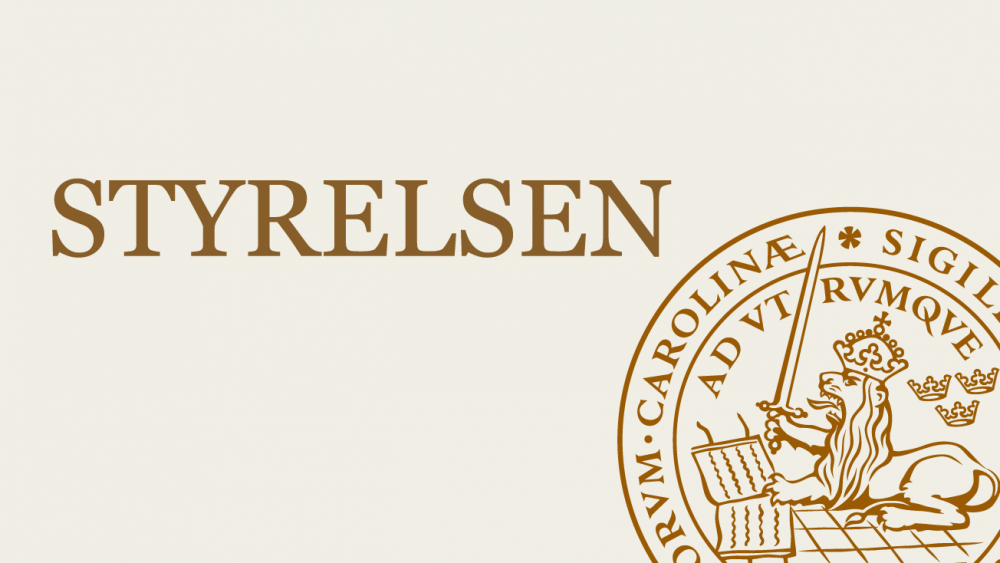
Biologiska institutionen | Lunds universitet

Institutionsstyrelsen hade möte den 26 februari. Då diskuterades bland annat anställningsärenden, bokslut, prefektbeslut och informationspunkter.
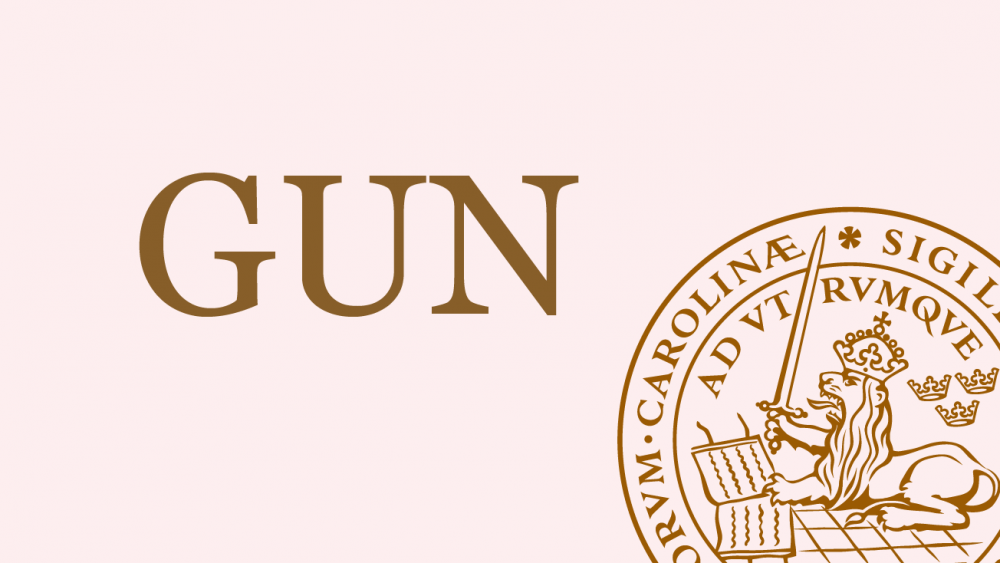
Den 6 april klockan 14.00 har grundutbildningsnämnden möte via Zoom. Följande står på dagordningen:

Den 31 januari hade grundutbildningsnämnden möte. Då diskuterades bland annat nytt masterspår, ombyggnad av datorsal, möblering i Biologihuset, bokslut 2019, antagningssiffror och kursutvärderingar.
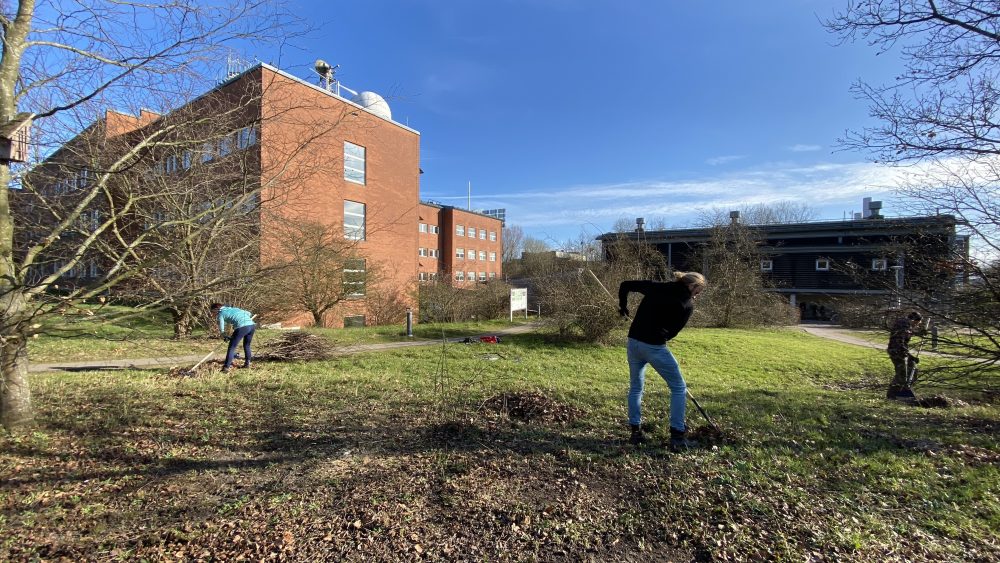
10 personer från huvudsakligen enhet Biodiversitet fagade ängarna idag för att få bort löv, mossa, bokollon och kvistar så att ängarna ska få fin flora. En igelkott väcktes ur vinterdvala men täcktes över igen. Härligt virusfritt vårväder.
Text och foto: Erling Jirle
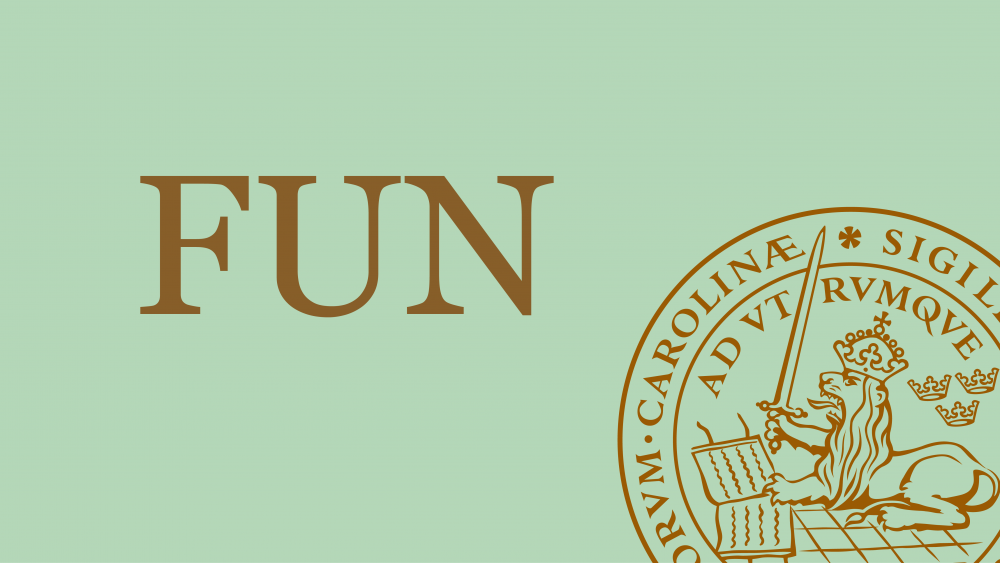
Den 26 mars klockan 14.15 har forskarutbildningsnämnden möte (med reservation för eventuella ändringar). Följande står på dagordningen:
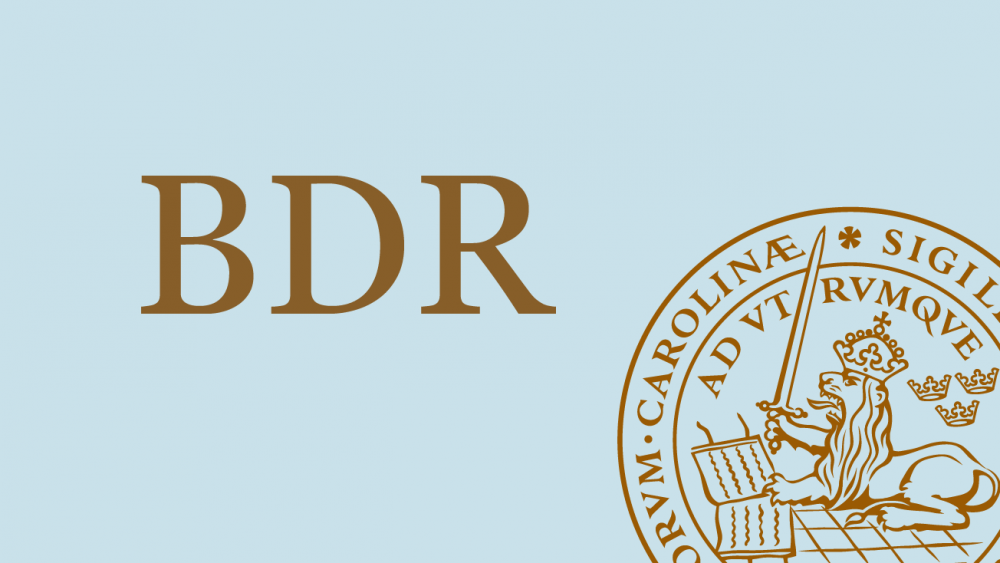
The Biology doctoral students council had a meeting on 20 February. Among other things, they discussed guest lecturer, PhD representatives, questionnaire for PhD students and vacation registration.
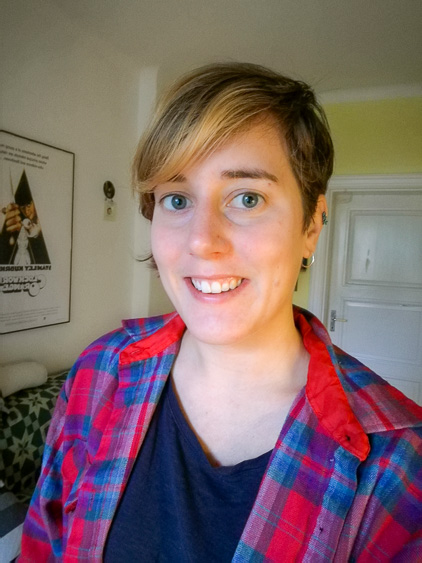
Hi, my name is Hanna and I’m a newly employed doctoral student supervised by Magne Friberg and Anna Runemark within the Evolutionary Ecology of Plant-Insect Interactions research group. A year ago, I defended my MSc in Plant Ecology here at Lund University, and since then I’ve been working as a research assistant within the EEPII-group.
I’m interested in what drives intraspecific variation in plants, and the focus of my interest is the crucifer Arabis alpina (Sv. Fjälltrav). I’m trying to understand the evolutionary and ecological background to variation in morphological (flower size, herkogamy etc.) and chemical (e.g. floral scent) signals within this species by performing greenhouse common garden experiments, field studies and genomic analyses. During intense data collection you will most likely find me in the greenhouse covered in dirt and petals.
I have a genuine interest in nature and frequently visit the forest with my family. I enjoy playing The Sims and cuddling with cats (I have one at home). I used to work in a pet shop, so if you ever need cat or dog food advice, just hit me up in the lunchroom!
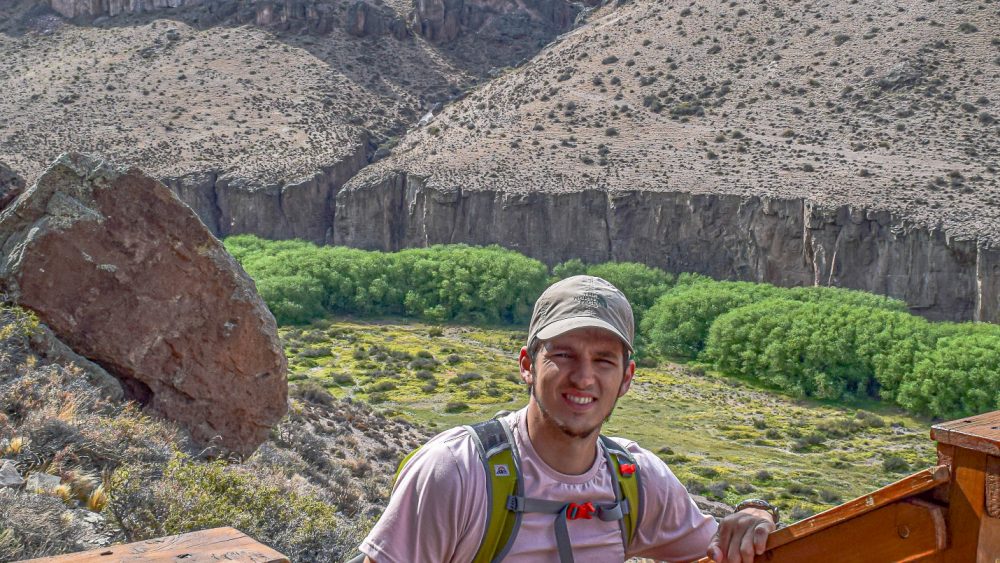
I am a biologist from Argentina who recently finished his Ph.D. I graduated with the animal physiology orientation by doing my thesis on insulin sensitivity of transgenic mice. Immediately after, I started my Ph.D. studies on Southern king crab in Ushuaia at the Centro Austral de Investigaciones Cientificas (CADIC). During my studies, I addressed the physiological changes in the trade chain of Lithodes santolla, from when it’s caught to the moment it is consumed, targeting an incipient live market of the crab.
During my stay at Lund University, I will conduct biophysical heat transfer models of wild Svalbard ptarmigan in different environmental conditions, by analyzing thermal images taken on the field. This will give an insight into the species behavioral adaptation to its extreme environment. Infrared thermography is a technique not only used for estimating metabolic heat loss but can also be a non-invasive means to study an animal’s health status.
I’m a nature enthusiast who loves field research as well as going outdoors. One particular thing that lured me into animal physiology is the fact that inside an organism everything is related, particularly the association between behavioral stress and physiological responses are fundamental to assess animal welfare.
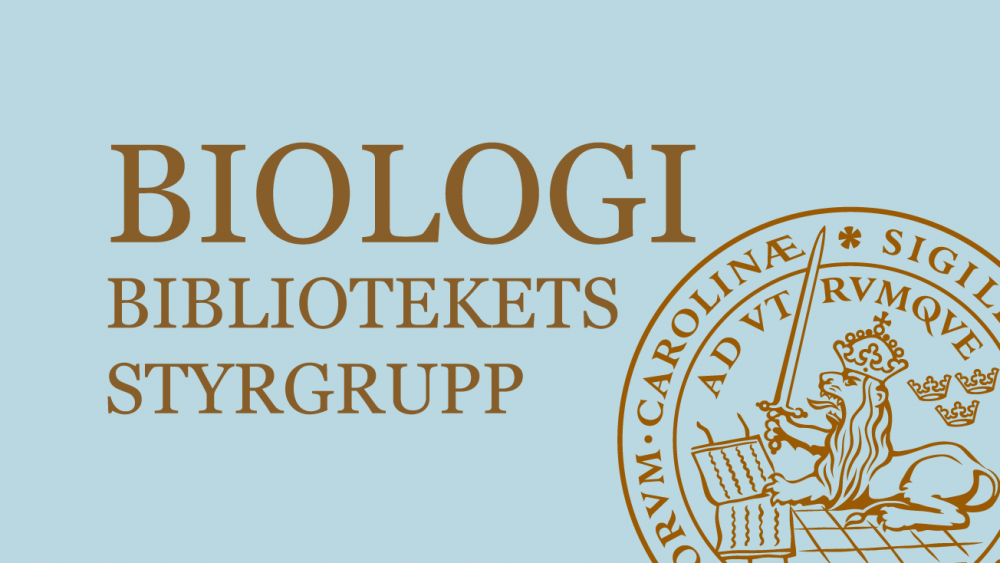
Biologibibliotekets styrgrupp hade möte den 11 februari. Då diskuterades bland annat bokslut, bibliometri, statistikprojekt, studentdatorer, utökad service till miljövetenskap/CEC och referenshantering.

The Biology doctoral students council had a meeting on 27 January. Among other things, they discussed guest lecturer, meeting with the head of the department and the directors of study and BDR members.
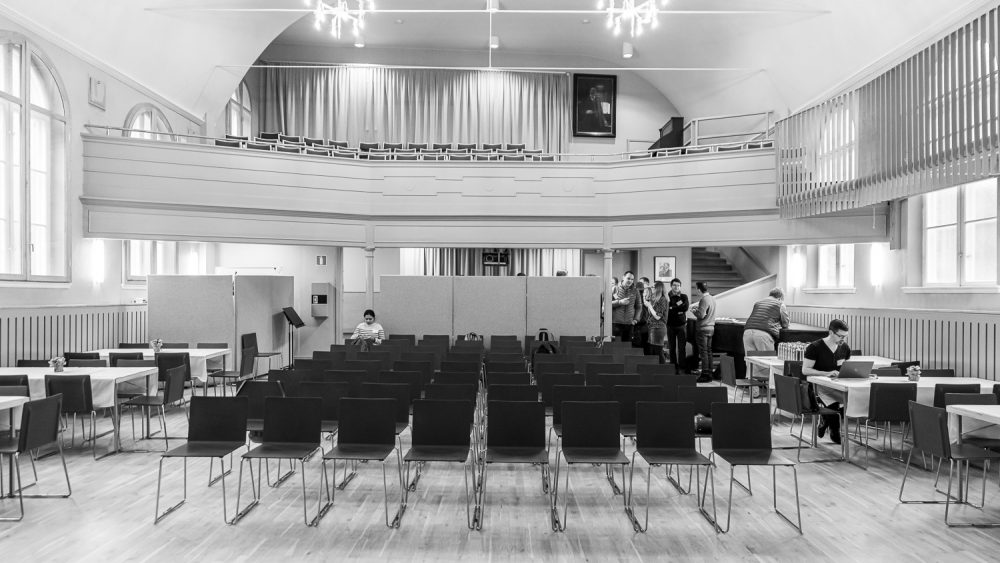
This year GENECO’s winter meeting 2020 were held in a new place, Magle Concert Hall, the old Salvation Army Church behind Folkets hus in Lund. Around 40 participants gathered to attend the meeting.
When we arrived, Christina Rengefors, who had arranged the meeting, provided us with a brand-new water bottle. Thank you, this will come in handy.
After we had some coffee and sandwiches, the meeting started with a welcome talk by Bengt Hansson and Emily O’Connor.
When the practicalities were over, the PhD students David Stuart, Katja Kozjek, Alexander Hegg and Tony Rinaud gave a presentation each of their research. I am impressed by Tony who gave his talk with very short notice instead of Gróa Valgerdur Ingimundardottir, who unfortunately could not attend.
After a nice lunch, Veronica Sobrado and Christian Tellgren-Roth from The National Genomics Infrastructure (NGI) and SciLife talked about what you can get help with from these infrastructure facilities.
Then there was time for the most fascinating talk this day. Per Stenberg, from Umeå University, told us about airborne biodiversity. He and his colleagues have sequenced dna from glass fibre filters originally used for measuring radioactivity by the military. There are one filter sample from every week from the 50’s until today from around ten different places in Sweden. This is a great way to measure biodiversity over time.
The last lecturer was Ramiro Logares, from University of Barcelona, who gave his first talk in Lund since his PhD defence.
During the day everyone could write down questions at a flipchart. These questions were then answered and discussed by a panel consisted of Karin Rengefors, Ramiro Logares, Per Stenberg and Dag Ahrén. There were some great discussions between the panel and the audience.
As usual Torbjörn Säll ended the day with a little historical talk about genetics. Then we all went for dinner at Kulturen Restaurang & Konferens.
Thank you GENECO, all lecturers and especially Christina Rengefors who made this interesting and nice day possible!
You find more photos from this meeting at Flickr.
Text & photo: Inger Ekström

Den 31 januari klockan 13.15 har grundutbildningsnämnden möte i Synpunkten i Biologihus B. Följande står på dagordningen:
Kommentarer